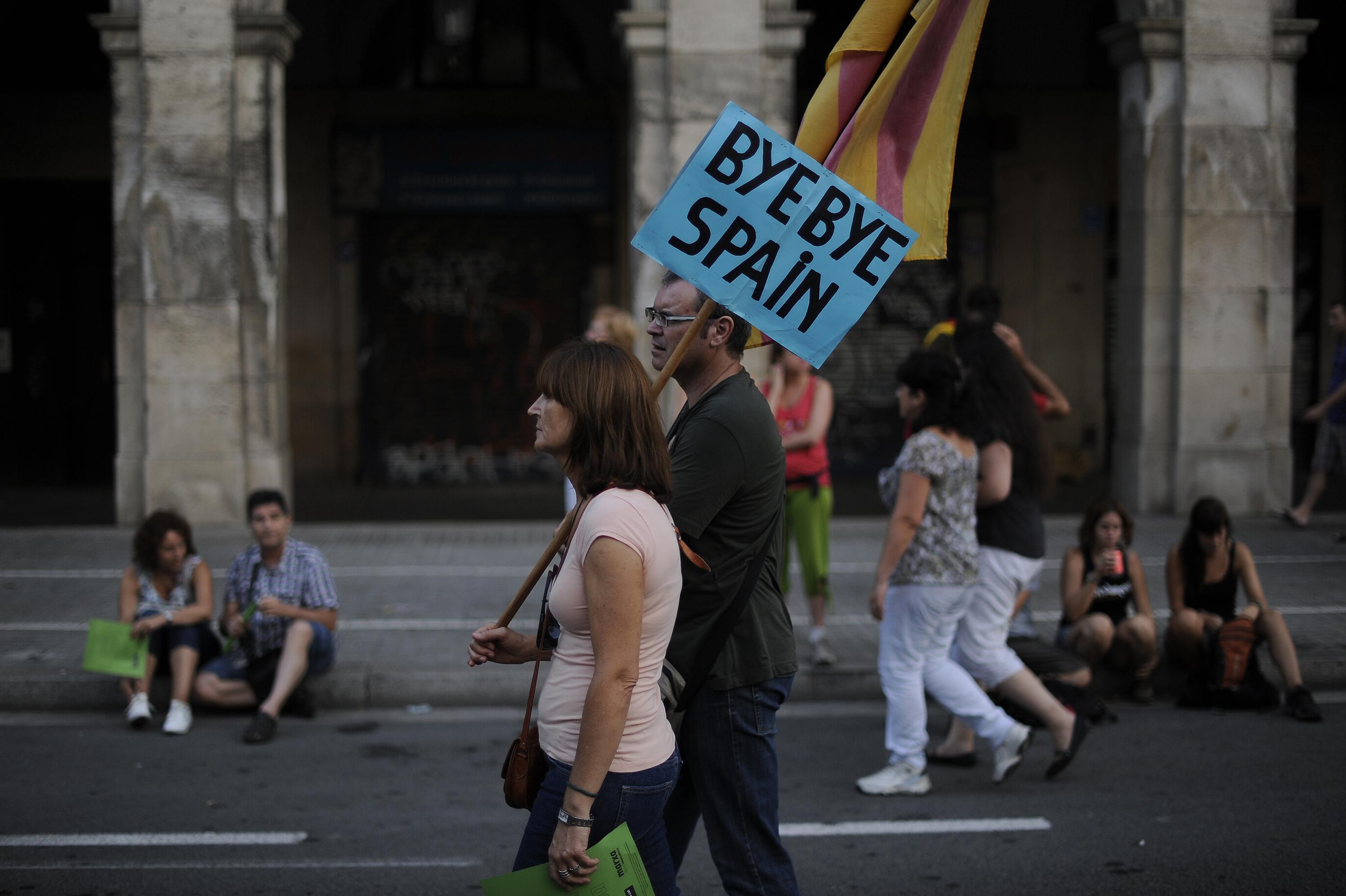On Sept. 18 of next year, Scotland will hold a referendum on (partial) independence from the United Kingdom. It appears that another wannabe state will be joining it just a few weeks later:
Separatist parties in Spain’s Catalonia region set Nov. 9 next year as the date for a proposed independence referendum on Thursday and agreed on the wording, but the Spanish government immediately poured cold water on the plan.
Catalan regional government head Artur Mas said the vote, which the Spanish government says would be unconstitutional, would ask two questions: “Do you want Catalonia to be a state?” and “Do you want that state to be independent?”
The two sides will presumably spend the next year arguing over whether the vote is legal, though it’s not clear that means Madrid would have to stop it. “If Spanish tanks rumbled into Barcelona, like they did in 1939, there wouldn’t be enough tanks to go around,” one pro-independence activist put it somewhat melodramatically.
Catalonia already enjoy a great deal of political autonomy, but many believe that taxes collected by the central government are not adequately distributed back to the region. Catalonia’s statehood bid may actually have more population support than Scotland’s: Polls show more than half of voters support independence.
The European financial crisis seems to have only deepened nationalist sentiment in the region, despite the regional government being forced to ask Madrid for a $6.3 billion bailout last year. Mas is under pressure from both Madrid and from more hardline pro-independence parties who gained support in the last election.
Obviously if the vote happens and the pro-independence position wins, it will benefit the nationalist parties. But nationalist sentiment also appears likely to grow if Madrid blocks the vote from happening. This is in contrast to Scotland, where the referendum is almost definitely happening and, at the moment, seems likely to fail.
